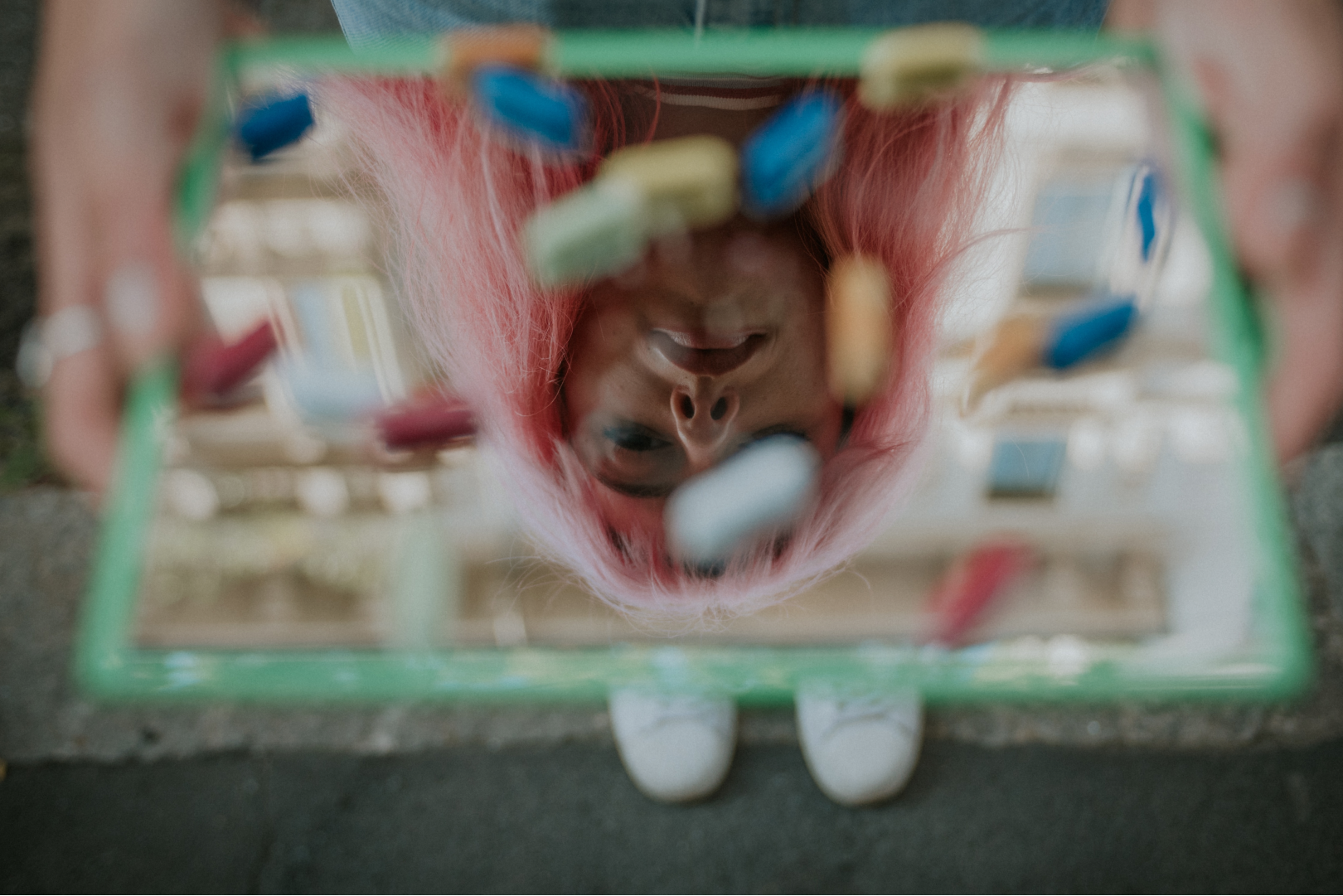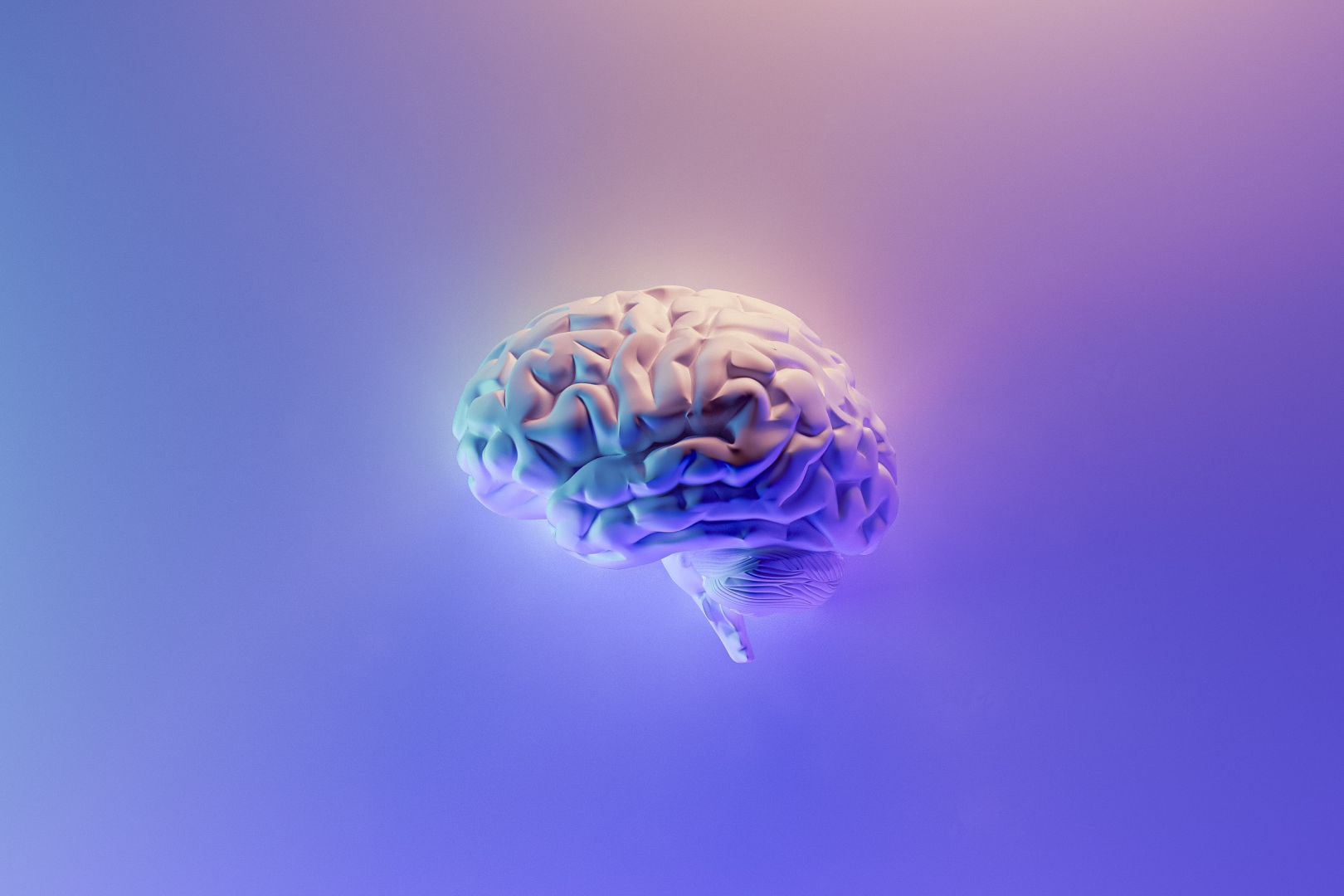Sadness is a very human emotion. It is one of many appropriate reactions to the circumstances of life, and it usually passes with time. However, when sadness sticks around too long or becomes too powerful, it can lead to depression.
Depression is more than just feeling sad. It comes with other challenging symptoms, like chronic tiredness, a sense of worthlessness, and difficulty with daily functioning, like holding down a job or maintaining relationships. Nearly 5% of US adults have regular feelings of depression and many are looking for relief.
Besides medications, online therapy and psychological treatments, there are natural remedies and behavioral changes you can do to support your mental health and help reduce the symptoms of depression. They are safe, free or low cost, and can make a real difference to your mood. Let’s take a look at some of the best natural depression remedies that are worth trying.
Exercise
Exercise is one of the most effective natural treatments for depression. In fact, just 15 minutes of walking or running every day can reduce the risk of major depression. There are a few reasons why. The first is hormonal.
Endorphins are hormones released by the body during pleasurable activities, such as eating and sex, and they are also released into the bloodstream during exercise. Known as ‘feel-good hormones’, they have a powerful effect on the mind and body. Endorphins relieve pain, reduce stress and lead to a feeling of euphoria. There is no better way to boost mood than to spend some time exercising.
When people are depressed, they often become lethargic, feel helpless and ‘trapped’ in their sadness. Exercise pulls you out of the loop and gets the body engaged and moving, which is a great way to distract the mind and break out of the depression cycle.
Besides the well-known health benefits, exercise gets you out of the house for a much needed change of scenery, whether it’s a walk in the park or a visit to the gym. Working out with a good friend is a great way to reinforce the positive effects of exercise with social connection too.
Mindfulness
Mindfulness is an ancient meditation practice to help you learn how to be present in the moment, and to cultivate the skill of self-acceptance. Mindfulness practice trains you to become aware of thoughts and feelings as they arise, and to observe them without judgment. By learning to be fully present, the individual can learn to let go of resistance, welcome their emotions, whether good or bad, and achieve a sense of internal balance.
Our minds are flooded with thoughts – conscious and unconscious – every minute of the day. Negative thought patterns and catastrophic thinking are one of the hallmarks of depression. Not surprisingly, mindfulness has been proven by science to help improve mental health, and more people are using it for treating depression.
Mindfulness is a skill and it takes a lot of practice. However, even 10 minutes a day, every day can bring good results over time. According to an analysis of several clinical studies, people who attended mindfulness workshops showed reduced signs of depression for up to 6 months.
Meditation as a natural treatment for depression
Mindfulness is just one type of meditation practice. There are many different forms of meditation, all of which can be helpful as a natural treatment for depression.
During meditation, the individual focuses on one thing, whether it be a mantra, an object or a physical sensation, such as the breath. Every time the mind begins to wander, the person actively brings it back again to the subject of focus. In doing so, the individual can take back control over negative thoughts and learn to become more centered.
This is not just theoretical – meditation has actually been shown to change the physical structure of the brain associated with depression. For example, people with depression tend to demonstrate overactivity in the medial prefrontal cortex area. Meditation can help reduce this activity and thereby help reduce the symptoms of depression too.
Healthy diet
The mind and body are intimately connected, and diet is a key component of mental health.
A healthy diet should really be a priority for everyone, but it is especially important as one of the natural ways to treat depression. Foods that are known to trigger mood swings, such as alcohol, caffeine, sugar and other stimulants, should be avoided. People with a tendency to depression should take notice of how certain foods affect them. Then, they can take care to remove those foods from the diet that seem to exacerbate their symptoms.
Generally speaking, a diet that is high in processed foods, red meat, fried foods, refined sugars and grains has been linked with higher rates of depression. Conversely, eating a healthy diet of high-antioxidant foods, such as leafy greens, fruits, wholegrains, olive oil and fish can help reduce the risk of depression.
St John’s wort
St John’s wort is one of the most popular natural remedies for depression. A herbal extract from the Hypericum perforatum plant, St John’s wort is believed to work in a similar way to antidepressant medication. Its active properties may increase neurotransmitters in the brain, including dopamine, serotonin and norepinephrine, which help to reduce the onset and symptoms of depression.
St John’s wort is widely available over the counter, and has been shown clinically to provide relief from depression. Although a natural remedy, St John’s wort can have side effects and should not be taken with certain medications. Consult with your physician before taking St John’s wort or any other herbal remedies.
Nature
People spend a lot of their lives disconnected from their natural roots – inside heated or air conditioned buildings, driving in cars, walking on paved roads, and communicating via screens. The unnatural surroundings and stimulation of technology can lead to sensual overload and trigger mental health issues, including depression. Connecting with the rhythms, sounds and textures of nature is an easy and accessible depression treatment that can have a real impact on mood.
Try to spend some time every day in nature, even just going out to your backyard or a local park. Take off your shoes and feel the grass on your feet. Or lay down in the grass to get even closer to nature. Smell the scent of flowers and listen to the birds singing. This may sound too simple to be true, but don’t underestimate the power of nature – studies have shown that spending 20 to 30 minutes in a natural setting significantly reduces levels of cortisol, the body’s stress hormone.
Sleep
Getting a good night’s sleep is strongly associated with good mental health. Unfortunately, 75% of people who have depression have a hard time falling or staying asleep. On the other hand, some people with depression feel tired all the time and sleep a lot, even during the day, which makes it harder to function properly and enjoy life.
It can be hard to pinpoint the actual problem – is the person feeling depressed because they have sleep problems, or are they having sleep problems because they are depressed?
Either way, problems with sleep make the symptoms of depression worse, which causes a spiral effect. One of the ways to treat depression naturally is by maximizing your chances of getting regular, high-quality sleep. And the way to encourage better sleep is by practicing good sleep hygiene.
Spending time with animals as a natural depression treatment
No one completely understands why, but spending time with animals is known to have beneficial effects on mental health. Patting a dog or cat for just a few minutes reduces the body’s key stress hormone, cortisol. Spending time with horses, swimming with dolphins, even watching fish can have a very calming effect on the mind and body.
This may be due to biophilia hypothesis, an idea which first came out in the 1980s. According to this theory, humans have a natural attraction to living creatures, and being around them is innately rewarding and relaxing.
Whatever the reason, if you feel an affinity for animals, this may be one of the natural depression remedies that works for you. If possible, consider getting a pet. If you prefer not to take on the responsibility of pet ownership, that’s totally fine – there are several animal therapy options. Or try volunteering at a pet shelter or offer to do dog walking for friends and neighbors.
Supplements for depression
As discussed above, St John’s wort is the most popular and well known herbal supplement to help ease the symptoms of depression. There are several other dietary supplements that may also provide a natural treatment for depression. Remember though, herbal supplements can be very potent and are not necessarily safe for everyone.
Before trying a new herbal remedy, always check with your physician to make sure it is safe for you and compatible with any other medications you may be taking.
Here are three supplements for depression that are commonly used:
- Rhodiola: May help increase the body’s resilience to stress, both physical and psychological.
- Omega 3: Fatty acids that are rich in antioxidants and may be useful in easing depression.
- N-acetyl-L-cysteine: May act on the brain to help reduce the cognitive symptoms of depression.
Volunteer and help others
Depression sometimes comes with difficult feelings of helplessness and apathy. When a person is depressed, they often turn inward looking, overly-focused on themselves and caught up in their negative thought patterns.
Volunteering can help take you out of this loop, focus on giving to people or causes, and find a sense of meaning again. This is a very powerful antidote to depression, and a recommended and effective treatment to manage depression symptoms naturally.
The beauty of volunteering is that there is something for everyone. Whatever your interest or skill, you can find a volunteering opportunity that will be purposeful and satisfying. Some volunteering ideas include helping at a senior citizens center, cleaning up beaches or parks, delivering Meals on Wheels, visiting children in hospital wards, working at a pet shelter, and many more.
Add greenery to your home or office
One of the easiest natural ways to treat depression is by adding fresh plants and flowers to your home or office. Certain plants do a good job of purifying the air, helping to create a healthier, oxygen-rich environment. They also add a calming visual presence that can lift the spirit and reduce stress and depression.
Caring for plants and nurturing their growth provides a positive and meaningful distraction from negative thoughts, which can go a long way to enhancing mood, reducing depression and boosting overall mental health.
Natural remedies to fight depression: Effective treatments are worth a shot
Sadness and depression affect millions of people every day. While medication and therapy may be necessary, it is wise to explore natural remedies that can bring relief. Exercising regularly, spending time in nature, herbal supplements and healthy eating are all ways to help treat depression.
Furthermore, they are mostly free, accessible, safe and effective in reducing depression. The path to healing varies for each person, but these natural approaches and more offer hope and respite along the way.
FAQs
Can natural remedies completely cure depression?
Depression is a complex issue and there is no single treatment for everyone that can definitively cure it. Managing depression is very individual, and depends on the person’s character, physiological makeup, life circumstances and the severity of their symptoms. Natural remedies can be very effective to help reduce the symptoms of depression and many people use them as part of their plan to cure depression.
Are there any side effects of herbal supplements for depression?
Although herbal supplements can be purchased without a prescription, this does not mean they don’t have side effects. Different herbal remedies can have various side effects, so it is always recommended to check with your physician before taking any types of supplements.
How long does it take for lifestyle changes to show improvement in depression symptoms?
The time it takes for lifestyle changes to reduce depression symptoms varies from person to person. Some individuals may experience improvements within weeks, while others might take months to see significant effects. Consistency and patience are key in the journey towards relief from depression and improved mental health.
Can natural remedies be used alongside prescription medications?
Natural remedies and herbal supplements can interact with prescription medications, so it is very important to consult with your physician about which ones are right for you before you start taking them.





